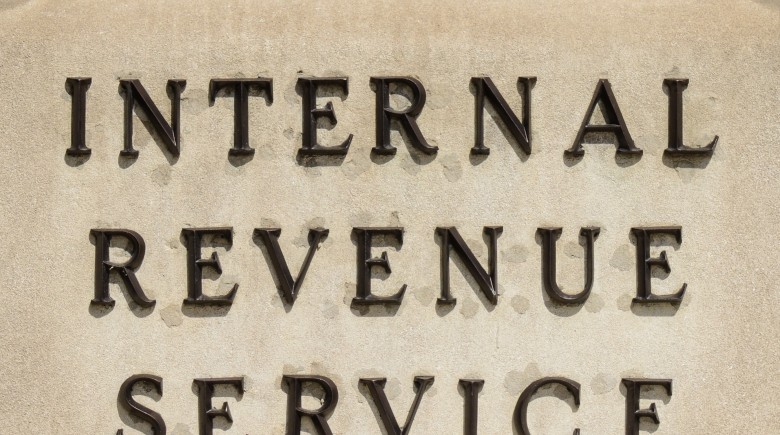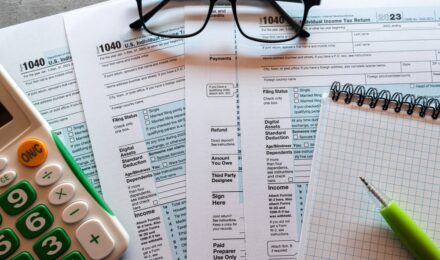One of the first painful lessons you learn as a journalist is not to assume. “When you do that, you make an ass of me and you,” your first newspaper city editor will chide you to your great embarrassment.
The same is true in real estate investing, of course, at all levels and in all areas. That includes taxes.
Taxes have been in the news lately with the IRS scandals. A confession (if you have read earlier columns), I do not think (repeat do not think) the IRS generally deserves its bad-ass reputation, particularly when it comes to smaller (and generally conscientious and conservative taxpayers). I have even recommended using their advice (they don’t charge, after all, and if they don’t know your answer, who does?).
The recent disclosures about targeting conservative groups probably does not apply to you, presumably the smaller investor in real estate. Or at least, I hope no one is targeting you.
In all probability, the answer is no. You are safe. But you may be scared, which is what the IRS wants.
In your case, however, I would not take back my suggestion that the IRS might not be a hindrance but a help to your tax situation.
But of course, you realize (as we all do), the tax situation is not fair. It is full of loopholes and exemptions. It includes thousands of pages of often obscure documents that no average person can really comprehend. So don’t come to me asking for tax advice. But that’s the point.
Because the tax code is obscure and subject to many interpretations, there is a cottage industry of advisors who for a fee will tell you how to avoid taxes, either partly or entirely. Obviously, avoid them. Just consider actor Wesley Snipes, now in prison.
He is worth considering because he is exactly the type that the IRS seems to relish prosecuting as an example: cutting corners can get you in trouble and the IRS likes to enhance whenever possible its no-nonsense image. In reality, even in these days of Big Brother, the agency has to act on an assumption: most people are reasonably honest or it would require an gigantic army of tax regulators to wade through everyone’s paperwork (exemptions, etc.).
The worse part of all this is the continuing bleak outlook for reform. Our elected lawmakers rail against the inequities but it’s far simpler to call for an easier-to-understand tax code than to create one. Too many entrenched special interests, among other reasons.
So you can do what I do (complain). That’s ok. But when it comes to real estate taxes, I have no advice other than to get professional help (not the kind that makes unrealistic promises, either), and I hope and assume that in your case, at least, the IRS will be fair.
One of the first painful lessons you learn as a journalist is not to assume. “When you do that, you make an ass of me and you,” your first newspaper city editor will chide you to your great embarrassment.
The same is true in real estate investing, of course, at all levels and in all areas. That includes taxes.
Taxes have been in the news lately with the IRS scandals. A confession (if you have read earlier columns), I do not think (repeat do not think) the IRS generally deserves its bad-ass reputation, particularly when it comes to smaller (and generally conscientious and conservative taxpayers). I have even recommended using their advice (they don’t charge, after all, and if they don’t know your answer, who does?).
The recent disclosures about targeting conservative groups probably does not apply to you, presumably the smaller investor in real estate. Or at least, I hope no one is targeting you.
In all probability, the answer is no. You are safe. But you may be scared, which is what the IRS wants.
In your case, however, I would not take back my suggestion that the IRS might not be a hindrance but a help to your tax situation.
But of course, you realize (as we all do), the tax situation is not fair. It is full of loopholes and exemptions. It includes thousands of pages of often obscure documents that no average person can really comprehend. So don’t come to me asking for tax advice. But that’s the point.
Because the tax code is obscure and subject to many interpretations, there is a cottage industry of advisors who for a fee will tell you how to avoid taxes, either partly or entirely. Obviously, avoid them. Just consider actor Wesley Snipes, now in prison.
He is worth considering because he is exactly the type that the IRS seems to relish prosecuting as an example: cutting corners can get you in trouble and the IRS likes to enhance whenever possible its no-nonsense image. In reality, even in these days of Big Brother, the agency has to act on an assumption: most people are reasonably honest or it would require an gigantic army of tax regulators to wade through everyone’s paperwork (exemptions, etc.).
The worse part of all this is the continuing bleak outlook for reform. Our elected lawmakers rail against the inequities but it’s far simpler to call for an easier-to-understand tax code than to create one. Too many entrenched special interests, among other reasons.
So you can do what I do (complain). That’s ok. But when it comes to real estate taxes, I have no advice other than to get professional help (not the kind that makes unrealistic promises, either), and I hope and assume that in your case, at least, the IRS will be fair.







